
Iuliana Shapira, MD, chief medical officer, Regional Cancer Care Associates (RCCA), discusses how data analytics have improved RCCA’s revenue cycle.

Iuliana Shapira, MD, chief medical officer, Regional Cancer Care Associates (RCCA), discusses how data analytics have improved RCCA’s revenue cycle.
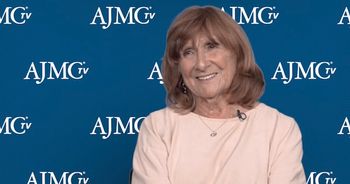
Shared decision making has been taught to clinicians for years, but it is especially crucial when treating multiple sclerosis (MS) due to the importance of treatment adherence, according to June Halper, MSN, APN-C, MSCN, FAAN, chief executive officer, Consortium of Multiple Sclerosis Centers.
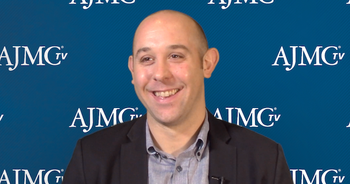
R. Brett McQueen, PhD, assistant professor, Department of Clinical Pharmacy, Pharmaceutical Outcomes Research, Skaggs School of Pharmacy and Pharmaceutical Sciences at the University of Colorado, explains how multiple-criteria decision analysis be used to aid in coverage and reimbursement decisions for high-cost, innovative therapies.
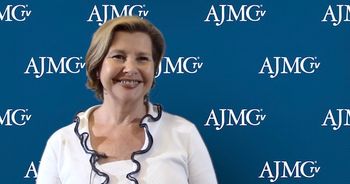
Division among employers prolongs their inability to alter the healthcare system, but by acting together, value-based care will begin to spark change, said Lauren Vela, MBA, senior director, Member Value, Pacific Business Group on Health.

Innovation is being used to improve quality metrics in oncology care at the patient forefront and in data, explained Lani M. Alison, BSN, MS, HCQ, PCMH, CCE, vice president of Clinical Affairs, Regional Cancer Care Associates.

Accountable care organizations who have been involved in value-based payment for a while are committed to the new model, explained Rob Mechanic, MBA, senior fellow at the Heller School of Social Policy and Management at Brandeis University and executive director of the Institute for Accountable Care.
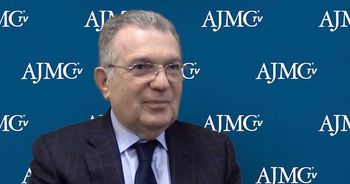
As new treatments and technologies evolve, it is very important that radiation oncologists have a new alternative payment model for reimbursement, said Shalom Kalnicki, MD, FASTRO, FACRO, professor and chairman, radiation oncology, Montefiore Einstein Center for Cancer Care and Albert Einstein College of Medicine.
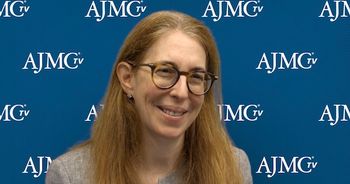
Pairing low doses of chemotherapy with newer, targeted drugs can help prevent high toxicity, said Catherine Diefenbach, MD, director of clinical lymphoma at the NYU Langone Perlmutter Cancer Center.
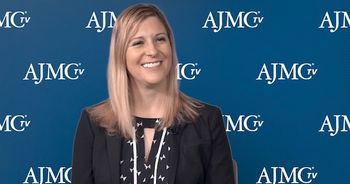
Encouraging patient adherence to medication is very important to managing the cost of multiple sclerosis (MS) therapies, said Patty Taddei-Allen, PharmD, MBA, BCACP, BCGP, director, outcomes research, WelldyneRx.
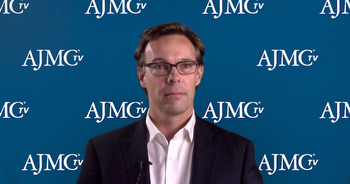
Jeroen Jansen, PhD, lead scientific advisor, Open-Source Value Project, Innovation and Value Initiative, discusses challenges with today’s approaches to value assessment.
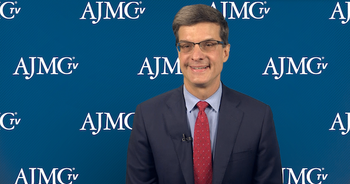
Whether or not there is economic value of comprehensive genomic profiling likely depends on what tissue type and what tumor type we’re talking about, explained John Fox, MD, MHA, vice president of Clinical Transformation at Spectrum Health.
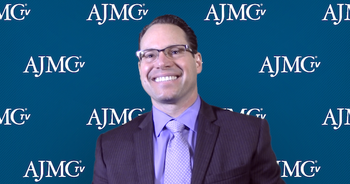
Jason Mitchell, MD, chief medical and clinical transformation officer, Presbyterian Healthcare Services, discusses the role primary care will play in the transition to value-based care.
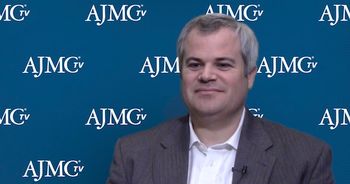
Practices should make deliberate choices when choosing to participate in multiple payment reform models and should not just participate in something because it is the newest model, said Travis Broome, vice president of policy at Aledade.

R. Brett McQueen, PhD, assistant professor, Department of Clinical Pharmacy, Pharmaceutical Outcomes Research, Skaggs School of Pharmacy and Pharmaceutical Sciences at the University of Colorado, discusses the need to account a myriad of criteria when determining cost effectiveness.
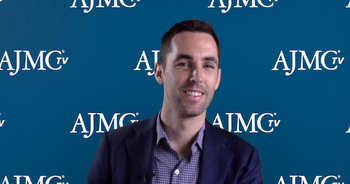
Devin Incerti, PhD, lead economist, Innovation and Value Initiative, discusses the need for global value assessments to be adaptable for countries that place emphasis on certain values.

Since multiple sclerosis is a chronic disease with no cure or control, the role of a caregiver or care partner is very important, said June Halper, MSN, APN-C, MSCN, FAAN, chief executive officer, Consortium of Multiple Sclerosis Centers.
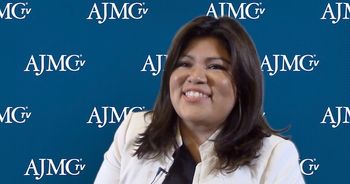
Successful partnerships between employers and healthcare organizations need trust and transparency, said Vanessa Sammy, MPA, MHSA, senior director of commercial strategy and implementation for Remedy Partners.

A. Mark Fendrick, MD, professor of Medicine in the School of Medicine, professor of Health Management and Policy in the School of Public Health, and director of the VBID Center at the University of Michigan, discusses how low or no cost sharing for high-value services is particularly important for public health issues or epidemics, such as HIV.
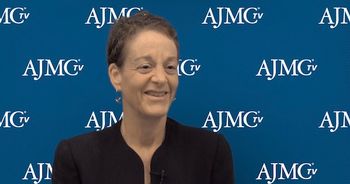
Many people associate the BRCA mutations with breast and ovarian cancer and mistakenly think they, and other genes that contribute to cancer, don’t affect men, said Sue Friedman, DVM, executive director of FORCE: Facing Our Risk of Cancer Empowered.

There's been an increased focus on home-based care and community health workers when delivering care to high-need, high-cost patients, explained Rob Mechanic, MBA, senior fellow at the Heller School of Social Policy and Management at Brandeis University and executive director of the Institute for Accountable Care.

Depending on how ready accountable care organizations (ACOs) are to move to risk probably affects how they view CMS’ decision to transition the Medicare Shared Savings Program (MSSP) to Pathways to Success, said Travis Broome, vice president of policy at Aledade.

The cause of multiple sclerosis is not well understood. In fact, it’s not understood at all, explained June Halper, MSN, APN-C, MSCN, FAAN, chief executive officer, Consortium of Multiple Sclerosis Centers.
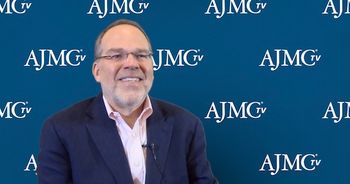
As expensive precision medicines come to market, employers are willing to cover the costs if these medicines are shown to work and improve patient experience or outcome, said Neil Goldfarb, president and chief executive officer of the Greater Philadelphia Business Group on Health.
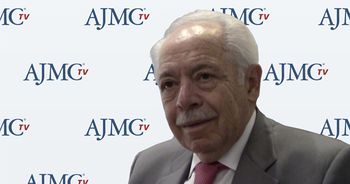
Physician, patient, and caregiver education is important to improve diabetes care, said Jaime A. Davidson, MD, FACP, MACE, professor of medicine, Touchstone Diabetes Center, The University of Texas Southwestern Medical Center.

Identifying which treatments for multiple sclerosis have the most promise is challenging because there are no head-to-head studies comparing treatments and what's promising for one clinician is different than what's promising for another clinician, explained June Halper, MSN, APN-C, MSCN, FAAN, chief executive officer, Consortium of Multiple Sclerosis Centers.
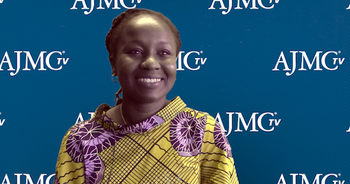
While the health system transitions to value-based care, it can learn a lot of lessons from HIV care delivery, said Stella A. Safo, MD, assistant professor of Medicine at the Icahn School of Medicine at Mount Sinai.

The healthcare system has a long way to go to make voluntary payment models more attractive before it can consider making payment models mandatory, said Travis Broome, vice president of policy at Aledade.
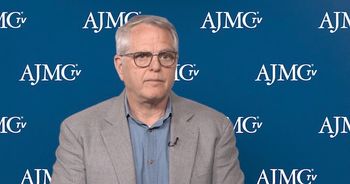
New innovations in cancer therapies have people excited to leave behind the treatments of old, but it might not be time yet to throw away chemotherapy, said Bruce Feinberg, DO, vice president and chief medical officer of Cardinal Health Specialty Solutions.
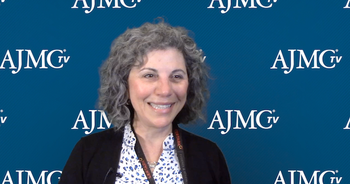
Given the limitations of the quality-adjusted life year (QALY) measure, Eleanor M. Perfetto, PhD, MS, senior vice president of Strategic Initiatives for the National Health Council, outlines concerns with using the measure as the basis for coverage decisions.
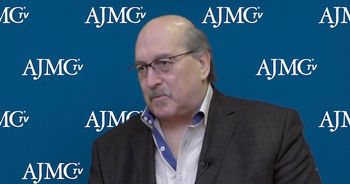
There are a lot of factors that should be considered when choosing a therapy for a patient with multiple sclerosis, including the patient profile, the patient’s lifestyle, and the efficacy of the therapy, said Mark Freedman, MD, MSc, professor of medicine in neurology at the University of Ottawa, director of the Multiple Sclerosis Research Unit, at Ottawa Hospital-General Campus, and senior scientists in the neuroscience program at Ottawa Hospital Research Institute.

259 Prospect Plains Rd, Bldg H
Cranbury, NJ 08512
© 2025 MJH Life Sciences®
All rights reserved.
